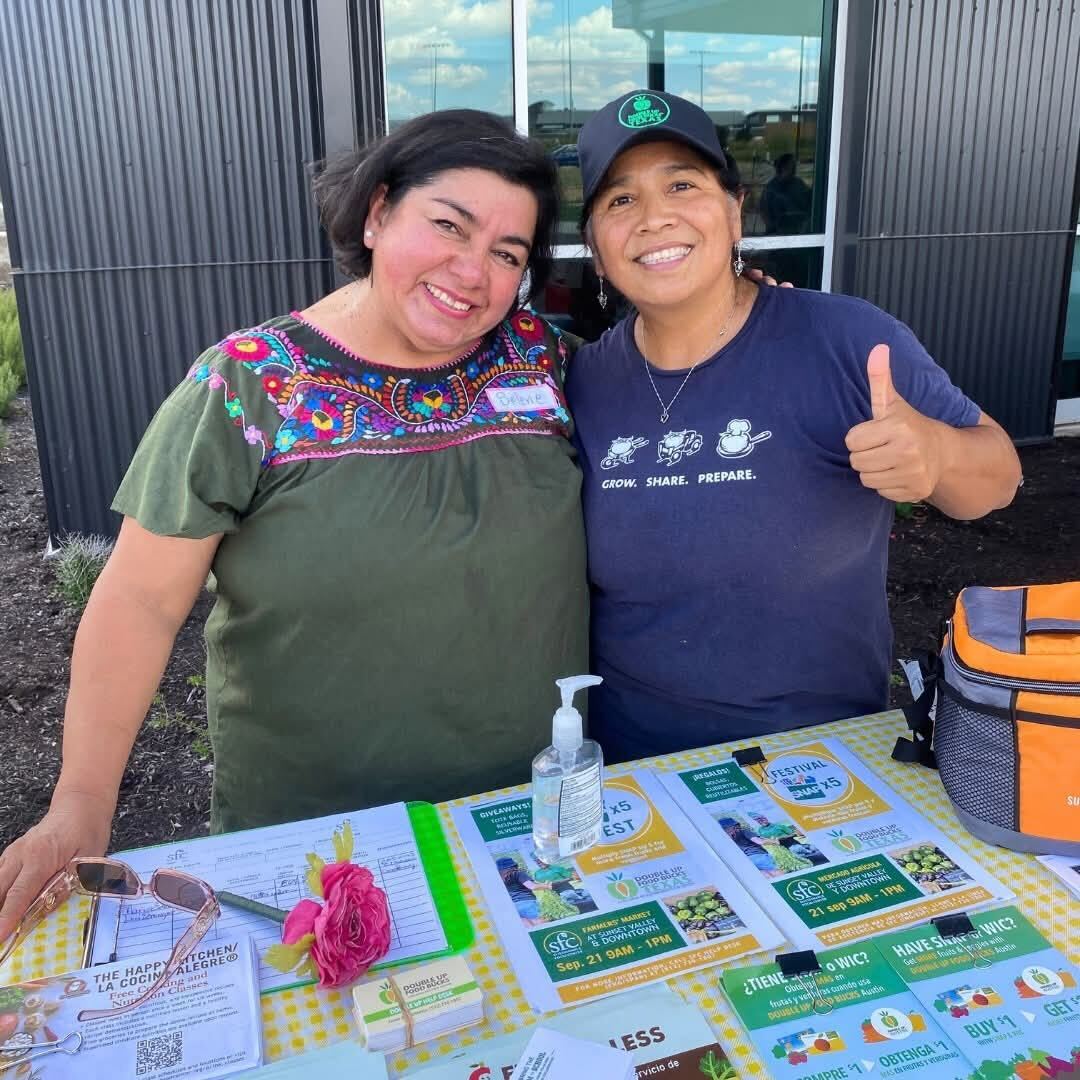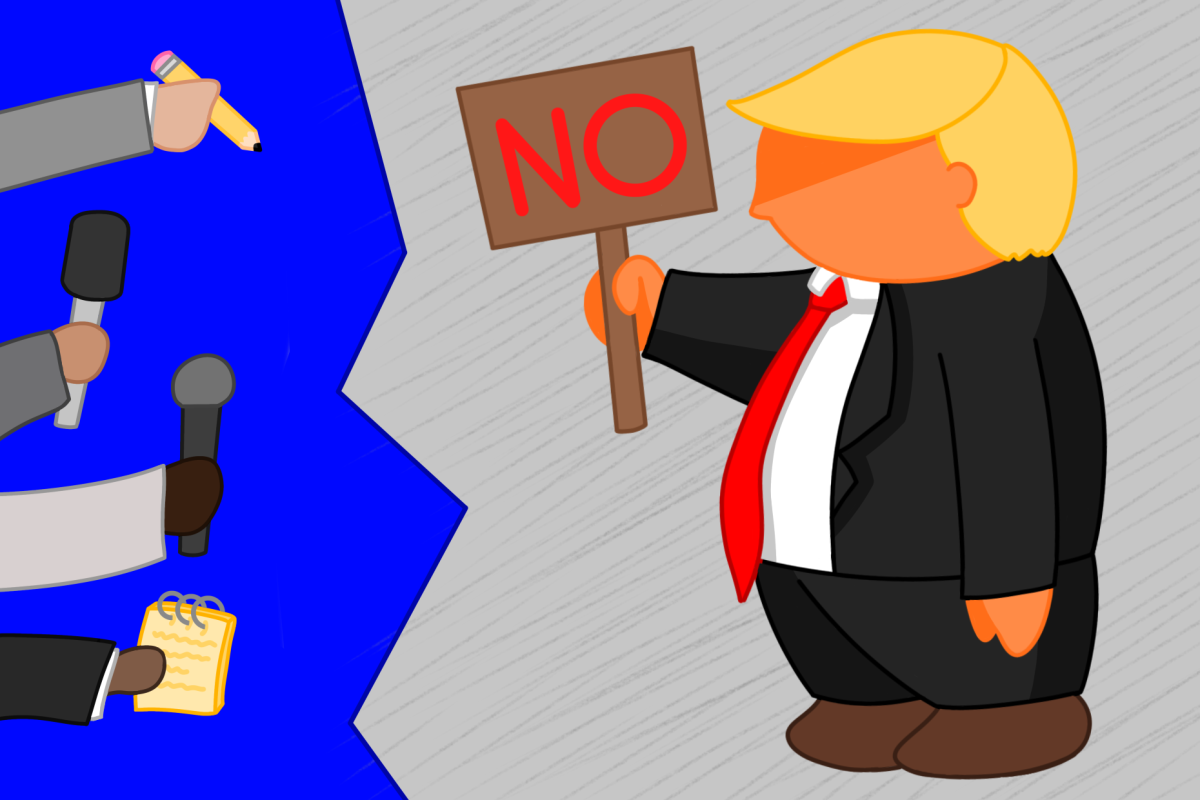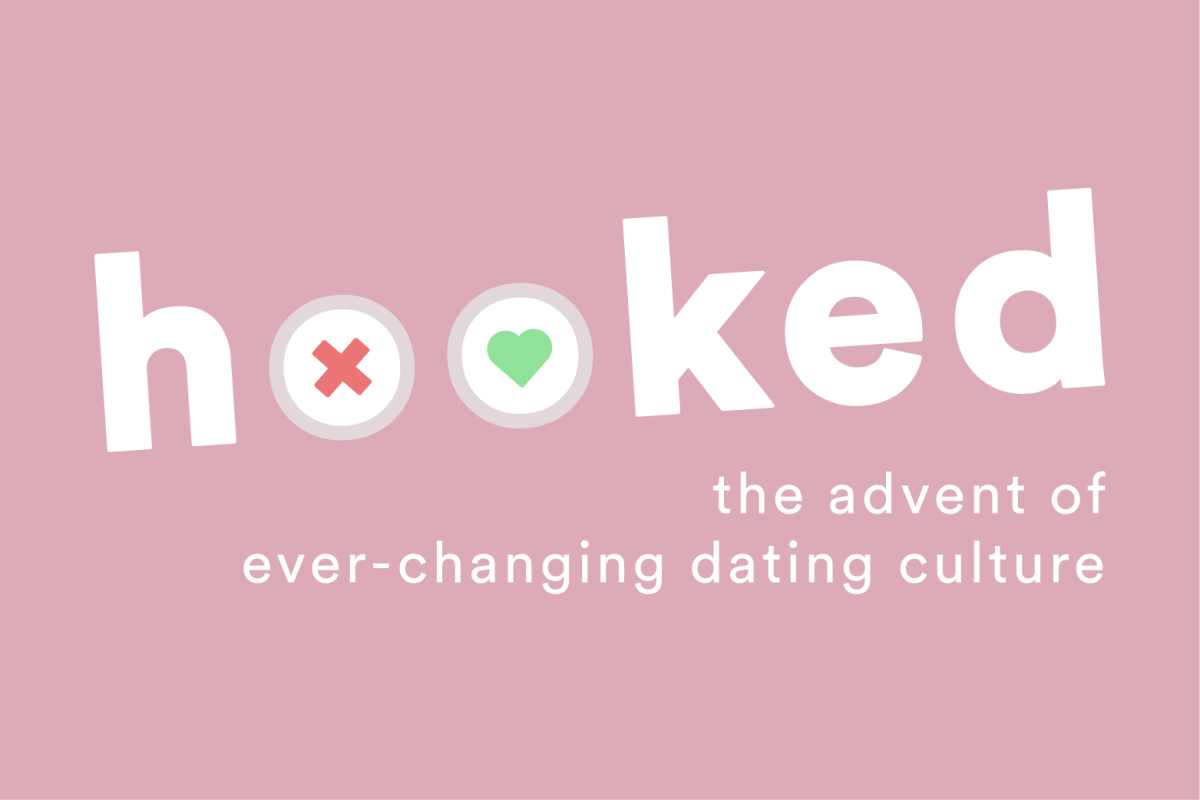With the advent of dating apps like Tinder and Bumble, the millennial generation has revolutionized how we view dating.
Story by Hannah McMorris
Illustrations by Ryan Hicks
Increasingly, Generation Y has moved away from traditional, long-term relationships, and instead pursuing casual but fleeting hook-ups. Are we past the era of traditional dating? Well, it all depends on one’s personal definition of dating.
“If we’re talking about dating as in the 1950s form of the guy asks the girl out and they go to eat dinner and see a movie, it doesn’t seem like that is happening as much as it once was,” says Kelly Fulton, sociology professor at the University of Texas at Austin. Some may argue that this previous form of dating does not seem to be happening much at all. With the emergence of social media, online dating and hook-up apps, dating has emerged into a revitalized new form that goes beyond traditional expectations.
Although this emerging form is compelling and nearly revolutionary, there are still questions about how to define this new model of dating. Is there still the presence of traditional dating, or has hook-up culture taken over? As the approach to dating has changed, so has the way millennials view relationships. Justin Atkinson, government and gender studies double major and Texas Blazers member, believes the “goal [of dating] should be to find out what you want in a relationship.” According to millennials, there is a fluidity to how relationships are being defined nowadays. “I think we’ve entered into this era where a relationship can mean a lot of things,” Atkinson says. “It can mean just living together, just sleeping with each other, like ‘friends with benefits.’ Or it could be a polyamorous relationship where you’re with more than one person.”
The emergence of options is something very unique to the dating scene of the younger generation. With the rise of general acceptance and tolerance to the way American society views non-traditional relationships, people have become more outgoing in how they pursue relationships. Sometimes this means rejecting the seriousness of a long-term connection and hooking up instead.
Atkinson defines hooking up or hook-up culture as one where no-consequence sex, sex where emotion isn’t part of the equation, is normalized and almost encouraged. There is much debate as to what all hooking up entails, as the word has become a term that people define exclusively for themselves. There is not a universal definition concerning what actually takes place during a hook up. One study by Paula England, found that 30 to 40 percent of hook ups include sex, while 25 to 33 percent include kissing, making out, and touching, but nothing below the waist.
Some perceive cuddling as hooking up, while others think anything leading up to sex, but not sex itself is a hook-up. Others believe it cannot be anything less than sexual intercourse. Architecture major Kaitlyn Gruener believes this infamously ambiguous definition can be attributed to different mindsets, whether that be affected by your friends, the way you were raised, or the religion you follow. “All of those factors play into the potential vagueness of the word and how it’s used in each context,” Gruener says.
Gruener expresses that the vague definition of a hook up is often a point of frustration because you never know exactly what someone means. However, people can also use that vagueness to their advantage. Fulton adds, “If you’re hoping your buddies think you had sex, then you can use it in that way. If you are hoping to preserve your reputation so that your friends will think you just made out, then you can use it in that way, so I think the vagueness serves multiple purposes.”
Though hook-up culture has become an increasingly normal part of college fun, Atkinson notes that there is a double standard between the genders. “Men can have as much sex as they want, and there is no cost to them, but for women, there’s definitely a sense that if you are that free with your body and your sexuality, then that says something negative about you,” he explains. Atkinson headed an initiative with Texas Blazers, an all-male honor society and service-spirit leadership organization called “#MenCanEnd” that focuses on redirecting the conversation of masculinity to help end violence. Though he believes hook-up culture is not entirely negative, the way people use it can be very damaging. “We definitely teach boys from a very young age that part of what it means to be a man is to have a lot of attention placed on you from women, to get a lot of attention, to have sexual conquests, and conquer women — to collect them,” Atkinson says. According to Atkinson, this flawed culture of masculinity combined with the immediate satisfaction of dating apps makes dating seem disposable.
Dating apps like Tinder and Bumble that emphasize physical attractiveness over anything else play a large part in hook-up culture. In a single day, Tinder reports an average of 26 million matches. This new phenomenon of having endless alternatives readily available causes Gruener to question its effect on dating. “So many options at your fingertips immediately all the time makes people less willing to commit to one person,” Gruener says. “I feel like you’re constantly distracted by other people because there’s just so many options.”
Even with the double standard and the very fleeting pleasure of hooking up, hook-up culture continues to prevail over the traditional long-term relationship. According to the American Psychological Association, 60 to 80 percent of North American college students participate in some sort of hook-up experience. “It can be suffocating to be tied to one person and feel that pressure,” Atkinson says. “I think Tinder is what frees college students from that. We’re all busy doing a bunch of activities and classes. If Tinder is allowing people to have physical connections with people without the weight of a relationship, and if they can access sex without the time commitment of a relationship, I think that’s appealing for people.”
The choice of hooking up or delving into a committed relationship is one that each person has to decide for themselves. But it’s clear that regardless of the side one chooses to pursue, the dating scene is forever changed.










































